OUR SERVICES
What We Offer for You
Study Abroad Education Loan Consultation
Expert guidance to choose the right loan for your studies abroad—tailored to your course, country, and budget.
Need Based $ Customised
Custom education financing designed around your course, destination, and budget—so you only pay for what you need.
Dedicated Account Manager
At SHA Edu Loans, securing your education loan is simple and stress-free. Our dedicated team works with you every step of the way—from eligibility checks and document preparation to loan disbursement.
End to End Guidance
At SHA Associates, our End to End Guidance service means you have a dedicated expert partner from your first inquiry until your loan is successfully disbursed
How We Work
Your Shortcut to Loan Approval
Navigating education loans for studying abroad can be overwhelming. With countless banks, complex terms, and lengthy paperwork, wouldn’t you want an expert to simplify it all? At SHA Edu Loans, we streamline the entire process—from eligibility to disbursement—so you can focus on your dreams, not the paperwork.
Banks we deals with
BANK OF BARODA

IDFC
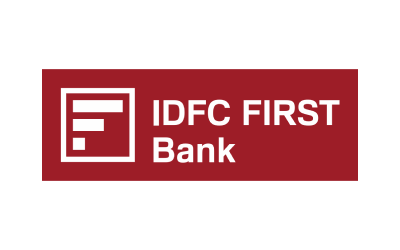
SBI

Yes Bank
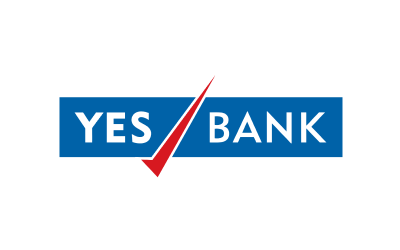
Union Bank

ICICI.

Poonawala

Tata Capital
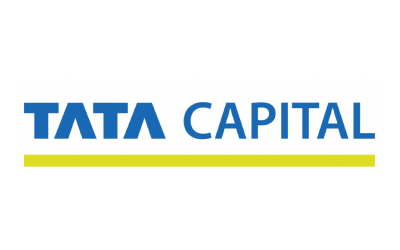
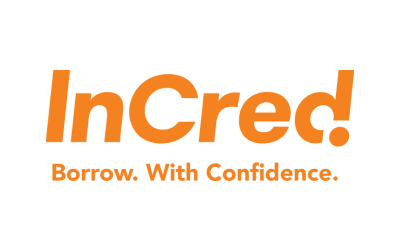
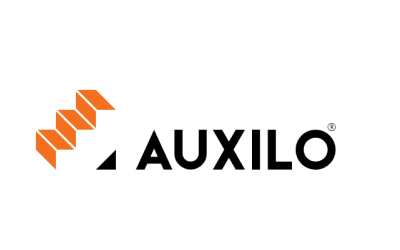
Avanse
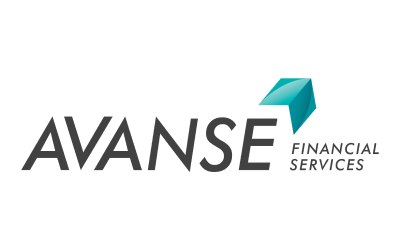
Credila

OUR COMMITMENT
Why Choose SHA Edu Loans?
While others see numbers, we see dreams. Our strategy is built on a deep understanding of the challenges students face when financing international education. We combine expert knowledge, strong banking relationships, and a personalized approach to remove those barriers, ensuring you secure the best possible loan without the stress.

Our Customers
Entire Process took Only 10 days from Login to Disbursement and ‘SHA EDULOANS’ Team Guided me Smoothly at Every Step and made the process Hassle-free and Stress-Free.

I’d Happily give you a 5/5 rating and recommend ‘SHA EDULOANS’ For Hassle-Free Education Loan Support

I am truly Grateful to ‘SHA EDULOANS’ For Guiding me through the Entire Education Loan Journey

FAQ
1. What is an Education Loan?
An education loan is a sum of money borrowed from a bank or financial institution to cover expenses related to studying abroad, such as tuition fees, accommodation, travel, and other living costs. The loan is repaid over a specified period, usually after completing the course.
2. What are the eligibility criteria for an education loan?
Eligibility typically includes:
-
Admission to a recognized university/institution abroad.
-
Indian citizenship.
-
Age between 18 and 35 years.
-
A strong academic record.
-
A co-borrower (parent/guardian) with a stable financial background.
-
Collateral may be required for larger loan amounts.
3. What are the types of education loans?
Secured Loans: Require collateral (e.g., property, fixed deposits) for higher amounts (typically above ₹7.5 Lakhs).
Unsecured Loans: No collateral needed, usually for smaller amounts (up to ₹7.5 Lakhs).
Loans Based on Course/University: Some banks offer specialized loans for specific courses (e.g., MBA, STEM) or top-ranked universities.
4.What expenses are covered? How much can banks sanction?
Loans cover:
Tuition fees
Accommodation and living expenses
Travel costs
Study materials, equipment, and other miscellaneous expenses.
Banks can sanction up to ₹1.5 Crore (or more for exceptional cases), depending on the university, course, and financial profile.
5. What documents are required for an education loan?
Common documents include:
Admission letter from the university
Academic transcripts and mark sheets
ID, address, and age proof
Income proof of co-borrower (ITR, salary slips)
Bank statements
Collateral documents (if applicable)
6. Can I take a loan without a co-borrower? How do I check eligibility?
Most banks require a co-borrower (parent/guardian) for education loans. However, some NBFCs may offer loans without a co-borrower for specific cases, though interest rates might be higher. You can check your eligibility instantly on our platform by providing basic academic and financial details.
7. What are fixed and floating interest rates?
- Fixed Rate: Interest remains constant throughout the loan tenure.
- Floating Rate: Interest fluctuates based on market conditions (e.g., linked to MCLR or RBI repo rate). Most education loans have floating rates.
8.What is the repayment period?
Typically 5 to 10 years after the course completion. This can vary by bank and loan amount, with some banks offering up to 15 years.
9.How much CIBIL score is required?
A score of 750 or above is ideal for quick approval. Banks may consider applicants with a score of 650-700 with a strong co-applicant.
10.When can I start repayment? Is pre-closure possible?
Repayment starts after the course completion moratorium period (usually 6-12 months). Yes, pre-closure is allowed by most banks, sometimes with a small penalty (0-2% of the principal outstanding).
Get a Personalized Loan Quote
Ready to take the next step? Provide your information below, and our loan experts will connect you with a customized financing solution.









